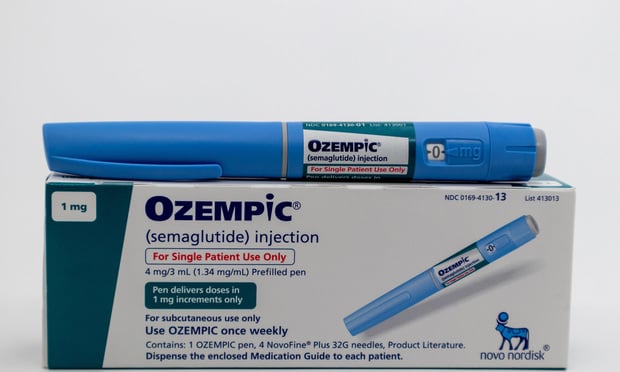Towers Watson this week projected that enrollment in its private exchange will increase by 50 percent over last year, surpassing one million enrollees.
Envision Healthcare, Time Inc. and Starwood Hotels & Resorts Worldwide recently chose to use Towers Watson's private exchange, called OneExchange, for employee health insurance, Towers Watson said. With these clients on board, the company senses that it is gaining even more traction in the private exchange market.
Specifically, Towers Watson "expects about 1.2 million employees, retirees and their eligible family members from over 1,500 employers to choose their health care and other insurance coverage through Towers Watson's exchange solutions in 2015," the company said in a release. "This is up from over 800,000 individuals at the end of 2014, representing a 50 percent increase in the number of people who could evaluate, select and enroll in their benefits through Towers Watson's private exchange solutions."
Recommended For You
Towers Watson's exchange has been in operation for a decade — "the longest operating history in the private exchange industry," the company said.
The adoption of private exchanges has been one of the most closely monitored side features of the Patient Protection and Affordable Care Act. Several major consulting firms have launched private exchanges in hopes that employers would shift their workers there for their health insurance.
"Private exchanges represent an opportunity for employers to manage the high cost of delivering health care and other benefits," said Jim Foreman, managing director of Exchange Solutions for Towers Watson. "Our model lets employers leverage plans from several top carriers in each area across the nation and gives employees greatly expanded plan choice — a competitive environment that is difficult for any employer to create on its own."
Towers Watson also forecast that employer spending would grow by about 1.8 percent in 2015, "a rate that is very close to the Consumer Price Index (CPI) and much lower than historical and projected health benefit cost increases," the company said. "Because the Patient Protection and Affordable Care Act's excise tax — also known as the Cadillac tax — is linked to CPI, keeping health cost increases within its range is crucial for avoiding the excise tax, not only in 2018, but also beyond."
© 2025 ALM Global, LLC, All Rights Reserved. Request academic re-use from www.copyright.com. All other uses, submit a request to [email protected]. For more information visit Asset & Logo Licensing.








